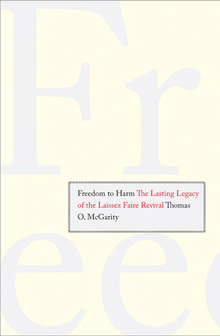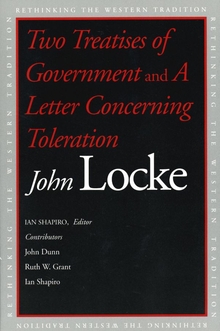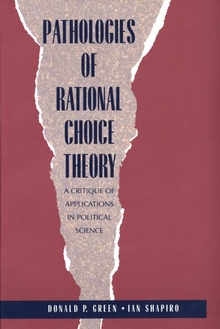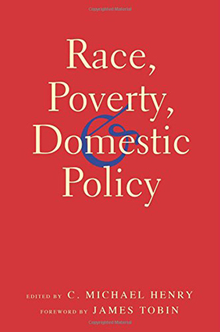Democratic Justice
WARNING
You are viewing an older version of the Yalebooks website. Please visit out new website with more updated information and a better user experience: https://www.yalebooks.com
Ian Shapiro
Out of Print
Democracy and justice are often mutually antagonistic ideas, but in this innovative book Ian Shapiro shows how and why they should be pursued together. Justice must be sought democratically if it is to garner legitimacy in the modern world, he claims, and democracy must be justice-promoting if it is to sustain allegiance over time. Democratic Justice meets these criteria, offering an attractive vision of a practical path to a better future.
Wherever power is exercised in human affairs, Shapiro argues, the lack of democracy will be experienced as injustice. The challenge is to democratize social relations so as to diminish injustice, but to do this in ways that are compatible with people’s values and goals. Shapiro shows how this can be done in different phases of the human life cycle, from childhood through the adult worlds of work and domestic life, retirement, old age, and approaching death. He spells out the implications for pressing debates about authority over children, the law of marriage and divorce, population control, governing the firm, basic income guarantees, health insurance, retirement policies, and decisions made by and for the infirm elderly. This refreshing encounter between political philosophy and practical politics will interest all those who aspire to bequeath a more just world to our children than the one we have inherited.
Wherever power is exercised in human affairs, Shapiro argues, the lack of democracy will be experienced as injustice. The challenge is to democratize social relations so as to diminish injustice, but to do this in ways that are compatible with people’s values and goals. Shapiro shows how this can be done in different phases of the human life cycle, from childhood through the adult worlds of work and domestic life, retirement, old age, and approaching death. He spells out the implications for pressing debates about authority over children, the law of marriage and divorce, population control, governing the firm, basic income guarantees, health insurance, retirement policies, and decisions made by and for the infirm elderly. This refreshing encounter between political philosophy and practical politics will interest all those who aspire to bequeath a more just world to our children than the one we have inherited.
Ian Shapiro is professor of political science at Yale University. He is coauthor of Pathologies of Rational Choice Theory: A Critique of Applications in Political Science, published by Yale University Press.
ISBN: 9780300078251
Publication Date: August 11, 1999
Publication Date: August 11, 1999
352 pages, 6 1/8 x 9 1/4




















